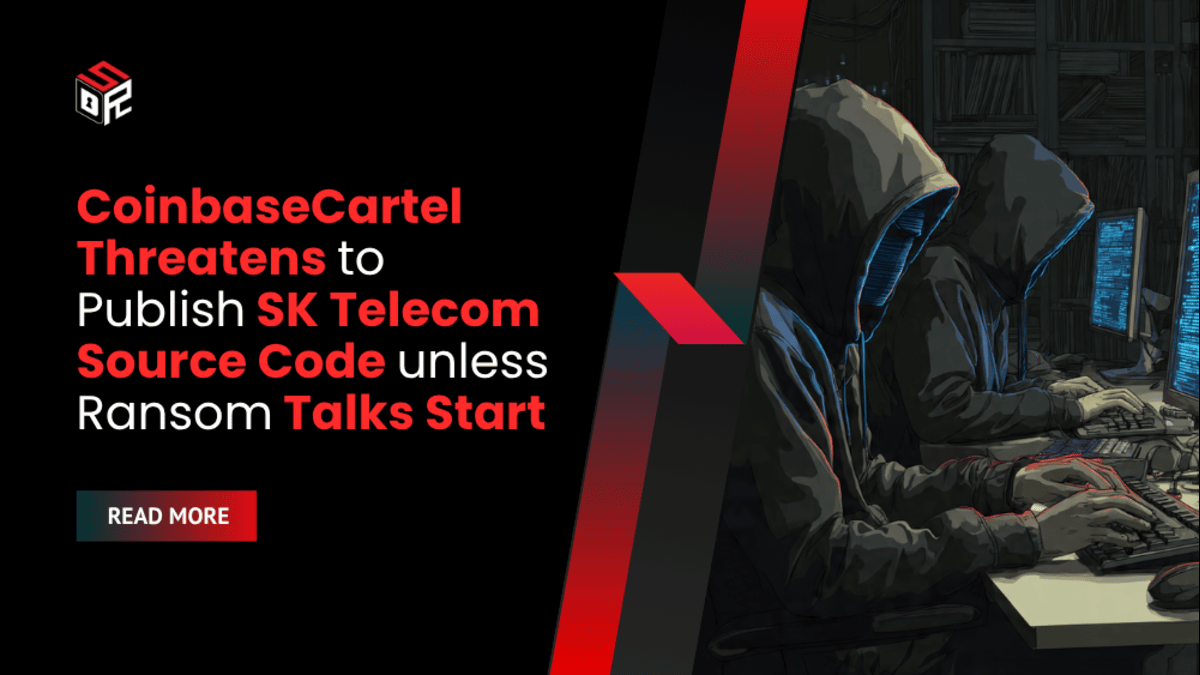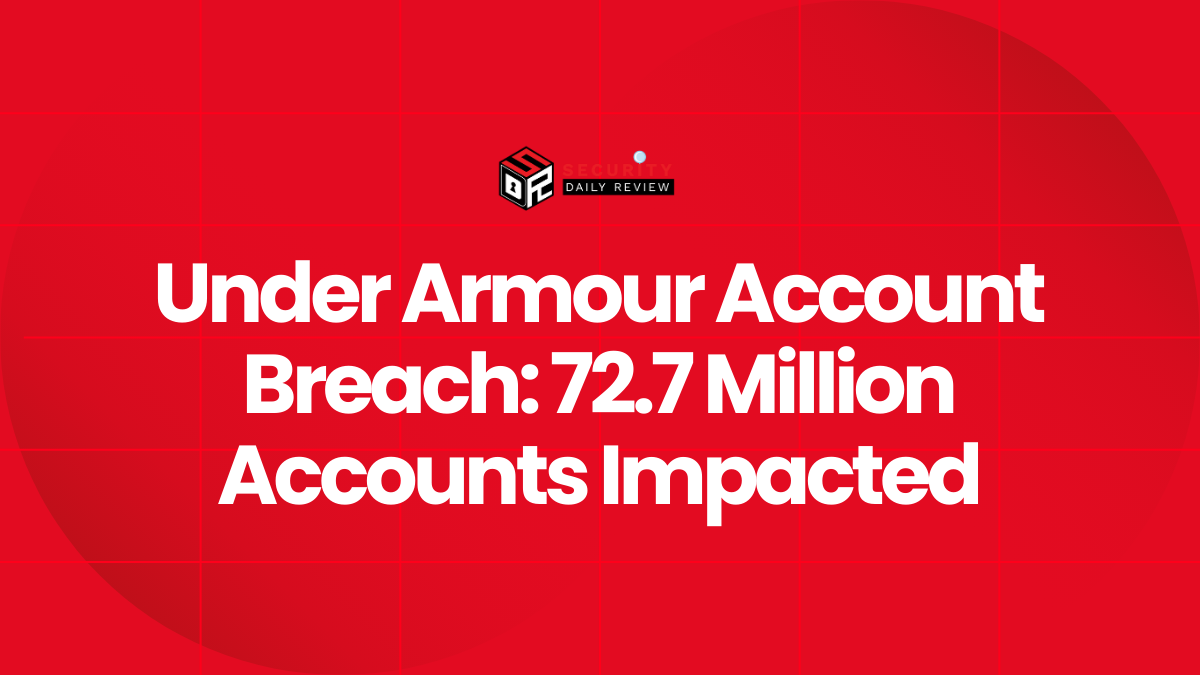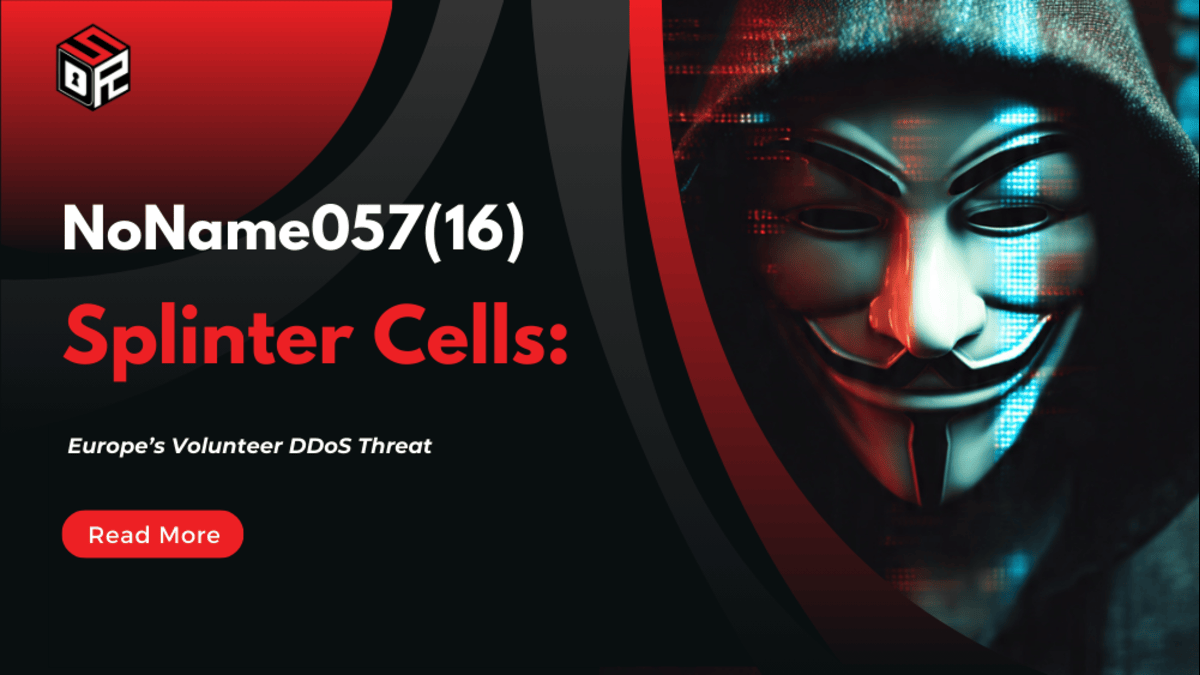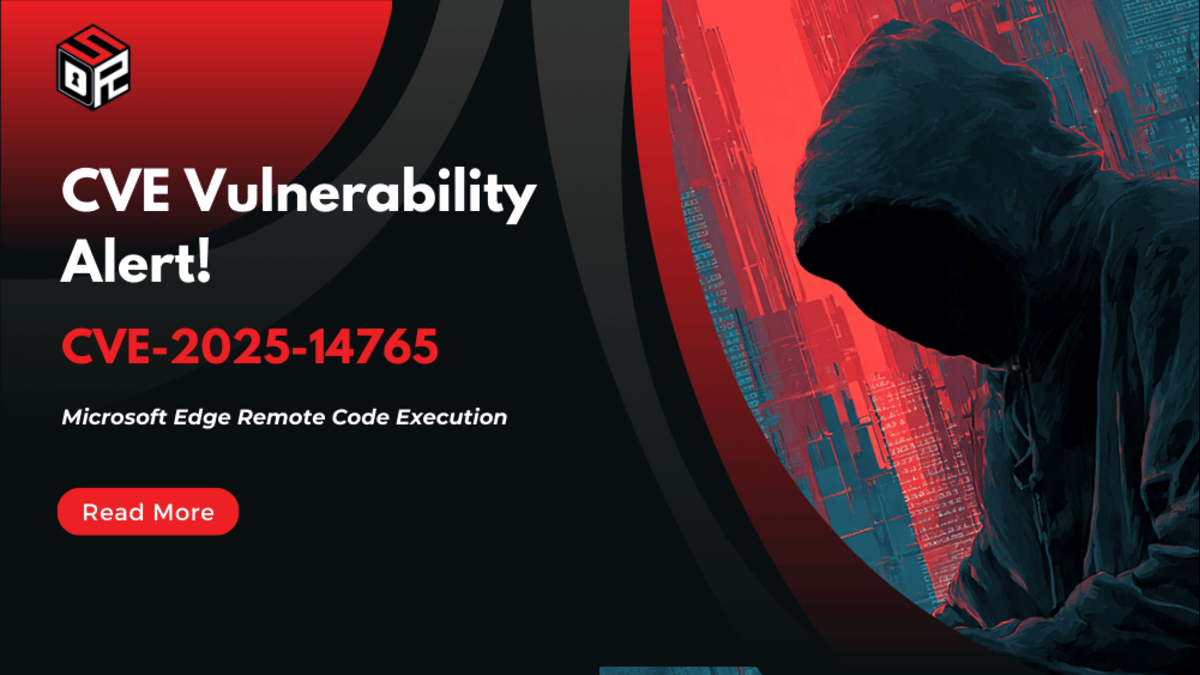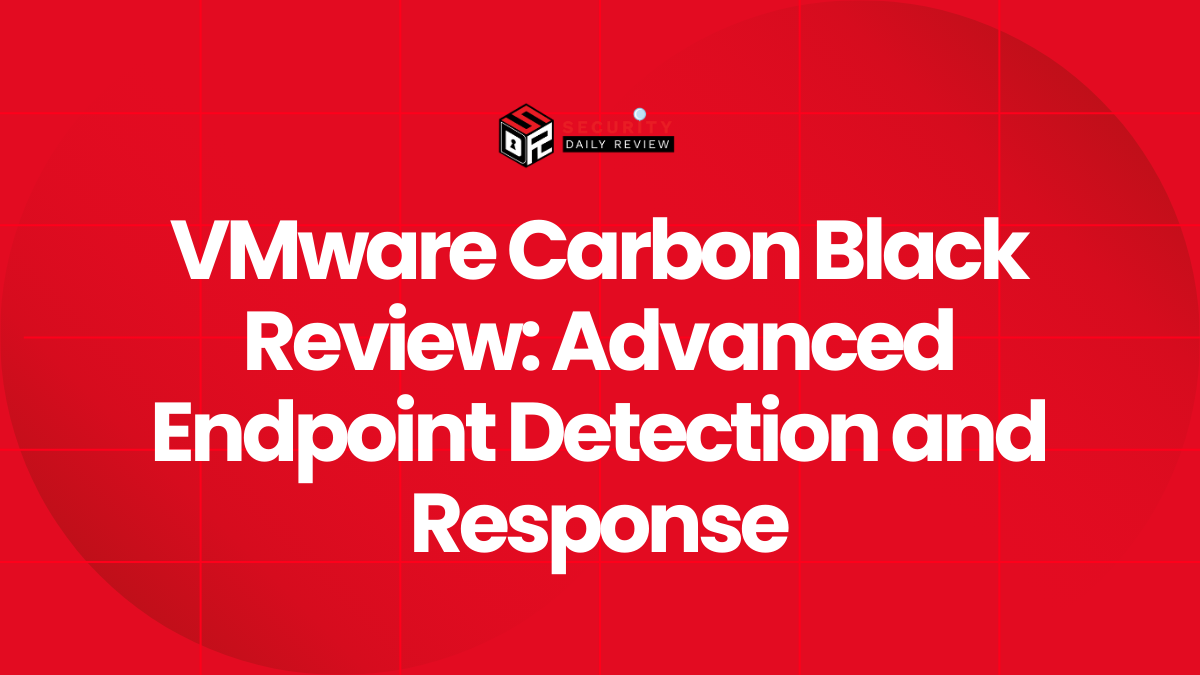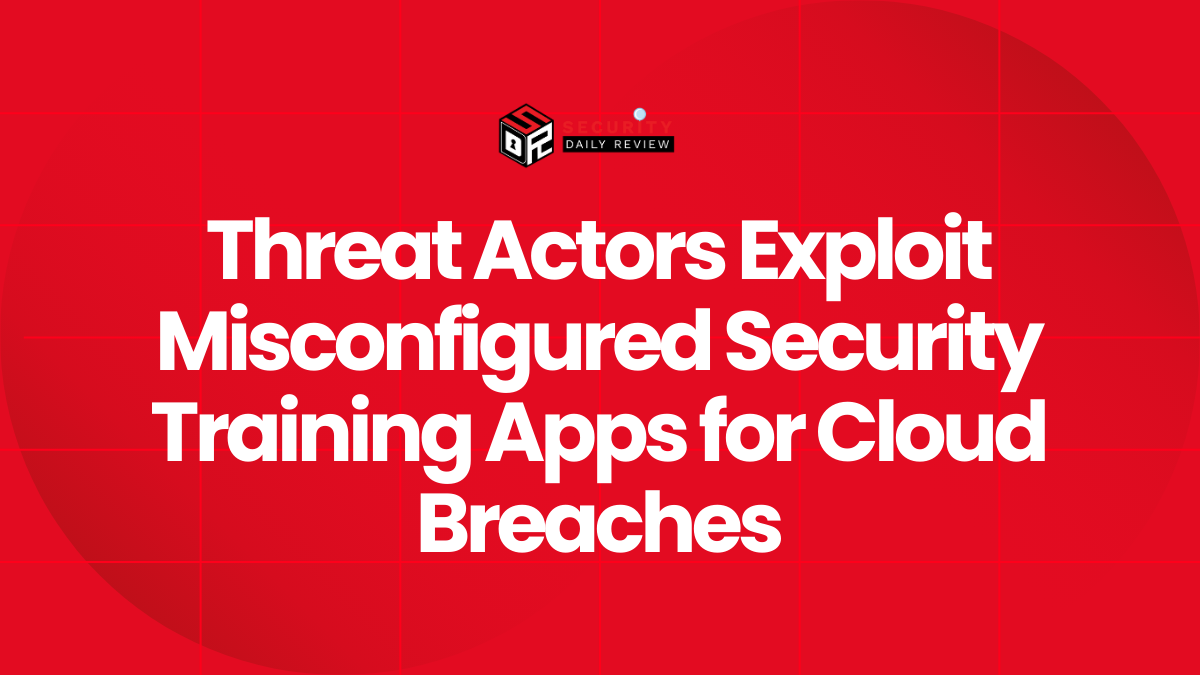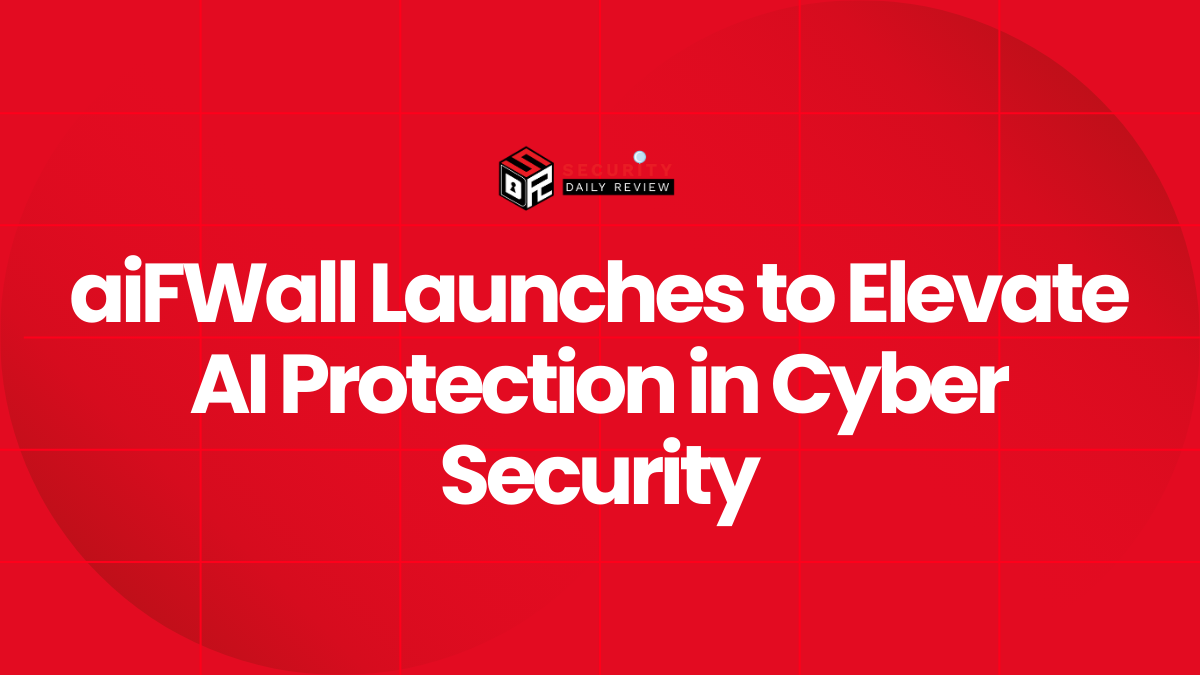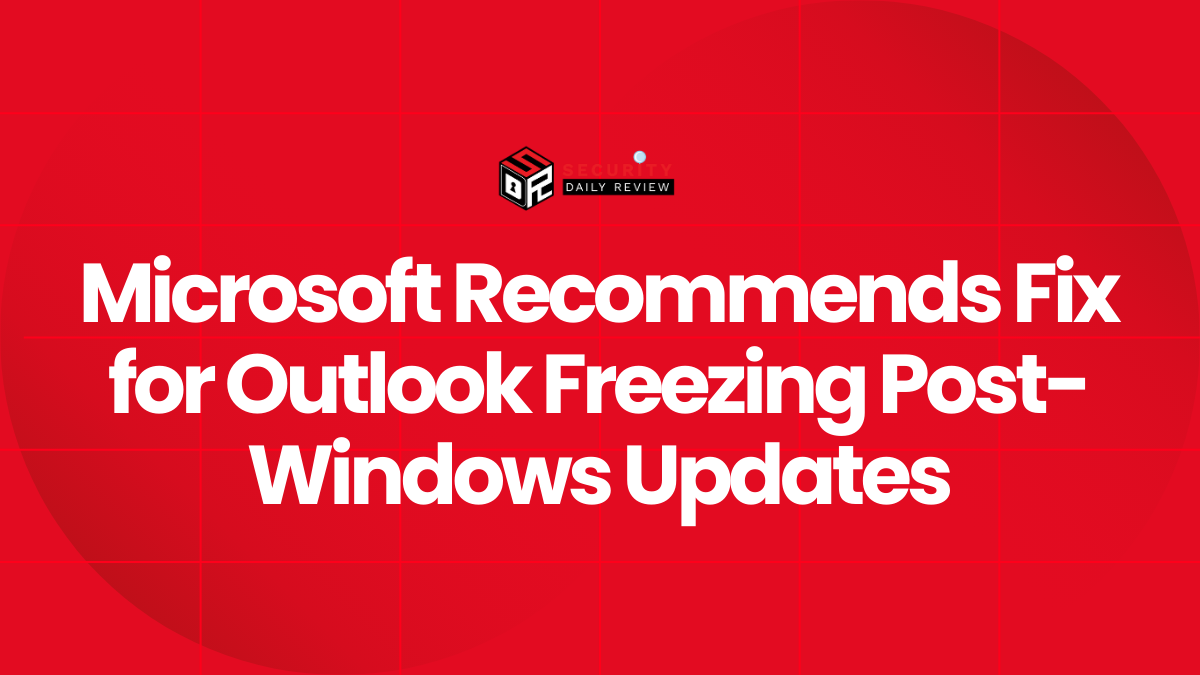A newly emerged ransomware group calling itself CoinbaseCartel says it stole confidential source code and other sensitive project files from SK Telecom in mid-September and is now demanding negotiations. The group posted a “critical announcement” on its dark web victim blog on Tuesday warning that it will publish the stolen material within the week unless SK Telecom opens ransom talks.
The attackers claim the haul includes internal project source code, build configurations, Dockerfiles and cloud access keys. The group posted what it said was a downloadable archive containing roughly 19.6 MiB of files with Python and related extensions and offered to provide a “sample package via private access for verification” prior to negotiating with the company. SK Telecom has not confirmed the extent of the compromise or whether any code or keys were actually exfiltrated.
“FULL SOURCE DISCLOSURE THIS WEEK.” — message posted by CoinbaseCartel on the group’s victim blog
Ransom Group Asserts Mid-September Bitbucket Compromise and Offers Verification Samples before Talks
CoinbaseCartel’s declaration on the victim site alleges the intruders gained access to SK Telecom networks by compromising an employee’s repository account on a hosted Git service. The attackers say they harvested multiple artifacts tied to internal development workflows, including source files, CI/CD configuration and credentials that could be used to access cloud infrastructure.
The group’s posting asserts that SK Telecom has not reported the intrusion to authorities and claims the company “refuse[s] to engage.” The criminals framed the public announcement as leverage, urging the telecom to initiate private contact to avoid publication.
“This is part of SK Telecom’s source code, they haven’t reported it to the South Korean government and refuse to engage.” — post from CoinbaseCartel
Security researchers reviewing the group’s claims said the posted archive appears to contain typical repository artifacts—script files, build manifests and configuration snippets—but cautioned that the provided samples do not independently verify the full scope of what the attackers claim to hold. Analysts also noted that the presence of repository metadata and build-related files is consistent with a compromise of a developer account or a continuous-integration pipeline, which would expose build-time secrets and configuration details even if full application source trees were not obtained.
CoinbaseCartel’s methods, as reported by the group, fit a pattern observed in other recent intrusions where attackers target developer toolchains and code repositories to obtain high-value artifacts without needing persistent host-level access. The group’s offer to supply a verification package mirrors standard extortion playbooks designed to prove access while keeping the majority of the dataset offline pending ransom negotiations.
If the claimed files include valid cloud access keys or service tokens, the leak could enable follow-on actions that range from unauthorized cloud access to the manipulation of build pipelines and implanting of backdoors into production artifacts. Even where published items are limited to build configurations or Dockerfiles, those artifacts can reveal internal service endpoints, container images, library versions and deployment practices that attackers can weaponize in follow-up intrusions.
Exposed AWS credentials or other cloud keys—if they are live—present immediate risk, including data exfiltration, lateral movement and cryptomining. Build-time secrets and CI/CD configuration may also facilitate supply-chain compromises if attackers can push altered binaries into development or deployment processes.
Security analysts emphasise that repository account compromise frequently results from credential theft, inadequate multifactor authentication, or overly permissive token lifetimes. Organizations that host code and CI/CD pipelines in cloud services are advised to treat any claim of repository access as a high-severity incident and to rotate all secrets used by build systems, invalidate tokens and conduct a forensic review of commit and pipeline logs.
SK Telecom has not publicly detailed its response to the CoinbaseCartel claims. In prior practice when faced with similar extortion attempts, affected companies have pursued a combination of forensic containment, credential rotation, legal engagement and working with law enforcement to identify operators and disrupt monetization paths. The group’s public blog post and “deadline” messaging are designed to increase pressure by threatening the release of proprietary assets that could cause reputational, operational and regulatory harm.
Independent security observers recommended that SK Telecom immediately verify the validity of any public samples, rotate repository and cloud credentials, audit recent repository activity and pipeline runs, and examine access logs for anomalous sessions pointing to the reported mid-September timeframe. Where build artifacts or Dockerfiles reference production endpoints, organizations should assume that attackers may have roadmaps for lateral pivoting and prioritize segmentation of cloud accounts and service tokens.
Analysts also warned that even relatively small archives of code remnants can facilitate targeted attacks if they contain hard-coded endpoints, embedding keys, or documentation describing internal interfaces. Remediation in such cases must include both technical countermeasures and a legal and communications plan to manage disclosure obligations and stakeholder impact.
Attribution and Group Profile
CoinbaseCartel is an apparently new actor with no publicly established history prior to this campaign. The group’s chosen name—unrelated to the Coinbase exchange—appears aimed at attracting attention as it seeks to establish itself in the extortion economy. At this stage investigators must determine whether CoinbaseCartel operates as a standalone emergent affiliate group, a rebrand of a known syndicate, or an opportunistic cluster of operators intent on rapid monetization.
Repository and cloud-focused extortion is consistent with broader trends in ransomware and data extortion, where adversaries target upstream systems such as developer platforms, CI/CD pipelines and third-party integrations to maximize leverage. Security teams increasingly see value in treating software development toolchains as critical infrastructure, applying the same rigorous controls—least privilege, short-lived tokens, hardware MFA and runtime monitoring—as for production environments.
Law-enforcement engagement is typical in these circumstances; forensic artefacts preserved from compromised repository accounts and pipeline logs can be crucial to tracing the intrusion path, identifying actor infrastructure and uncovering potential co-conspirators. Vendor cooperation with platform providers can also accelerate token revocation and account remediation.
Immediate Recommendations for Organizations Using Hosted Repositories
Security experts recommend an urgent checklist for any organization notified of similar claims:
- Rotate all repository and CI/CD credentials and revoke tokens issued before the reported compromise window.
- Immediately rotate cloud and service account keys tied to build systems, and apply least-privilege scopes for new tokens.
- Audit commit histories, pipeline artifacts and deployment logs for unexpected changes or unsigned binaries.
- Enforce hardware-backed MFA for developer and administrative accounts and restrict administrative actions to a small, vetted set of hosts.
- Treat any sign of unauthorized access to version-control systems as a potential supply-chain incident and engage incident-response specialists.
CoinbaseCartel’s public threats and sample provision attempt to force rapid decision-making by the victim while leaving many technical questions unresolved. Whether the group seeks to build credibility through publication or to extract a payout through negotiation, the incident is a timely reminder that modern software lifecycles and their development platforms are high-value targets that require the same defensive rigor as production infrastructure.

